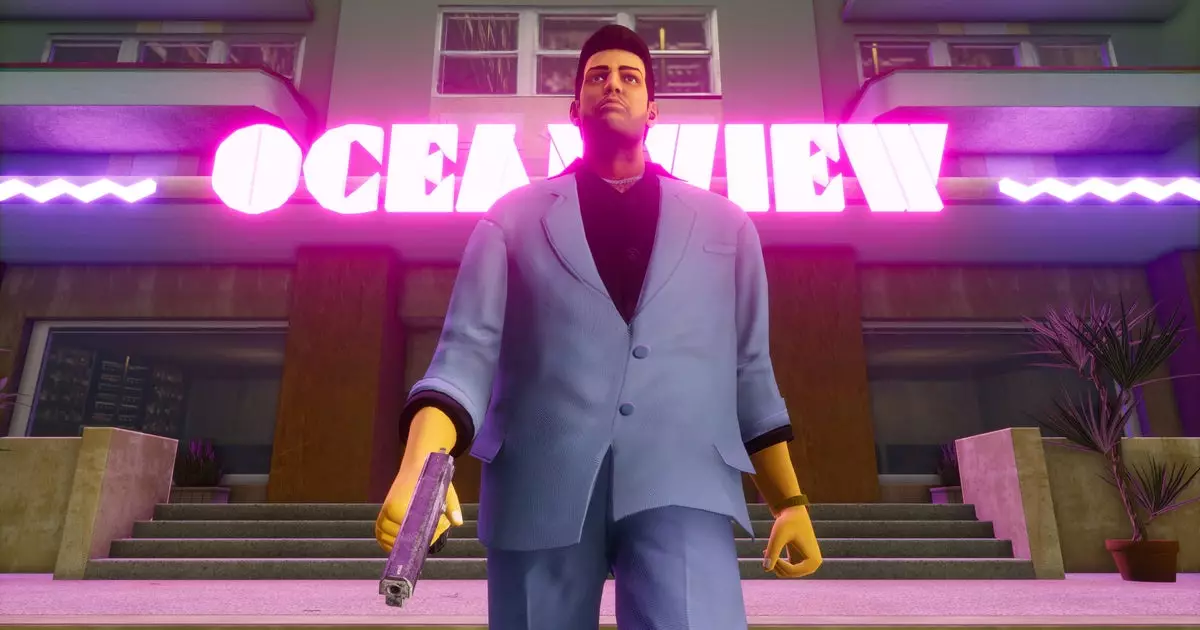For many gamers, the world of Grand Theft Auto (GTA) is intimately tied to their childhood adventures and astonishing experiences that the series has offered since its inception. Personally, one of my most vivid memories occurred after school when my friend and I nearly broke into fits of laughter while watching him side-swipe a fallen police officer with a baseball bat in GTA III. This scene captures the quirky charm and sheer audacity the game brought to the open-world genre, showcasing a kind of irreverent humor that younger gamers today may take for granted. The sense of freedom that allowed players to interact with the game world in such outlandish ways was revolutionary, making it a defining moment in gaming history.
Fast forward to today’s gaming landscape, and the recent release of Grand Theft Auto: The Trilogy – The Definitive Edition has stirred mixed reviews among fans and critics alike. While the original 3D adventures hold a special place in the hearts of many, the reception to their remastered versions has been far from favorable. This has caused some nostalgia-laden gamers to hesitate before diving back into these reboots. Honestly, the clunky and cumbersome title alone—complete with a colon and dashes—seems symptomatic of the franchise’s current confusion.
The technical updates like the ‘Classic Lightning’ mode, which recreates the nostalgic sky from the original versions, feel somewhat lackluster. They emerged only recently via a mobile partnership with Netflix, leaving many wondering if such minimal enhancements warrant a revisit to the remastered content.
One particularly distasteful aspect of the remastering process is the reported removal of Grove Street Games from the splash screen, despite their involvement in the project. To many, this decision appears petty and vindictive, reflecting a larger trend in the gaming industry where larger companies, like Take-Two Interactive, dictate the fates of smaller studios. It raises questions about the value of creative contributions amidst corporate maneuvering, potentially compromising the artistic integrity of beloved series. Take-Two’s persistent control signals an ongoing struggle for power in the gaming industry, which fans find frustrating.
In the midst of retrospective discussions about the franchise’s past, excitement still brims over the anticipated launch of Grand Theft Auto VI, which reportedly has a projected release date in fall 2025. For many players, this prospect invigorates the allure of the series, promising cutting-edge technology and perhaps a return to the emotional engagement of the earlier versions. As we await any further updates, the fervor surrounding GTA remains palpable, showcasing how it continues to captivate both staunch supporters and newcomers alike.
Ultimately, the evolution of Grand Theft Auto illustrates a broader pattern seen across the gaming industry—how nostalgia can collide with modern expectations. While some may resist revisiting original experiences due to disappointments with remakes, the underlying love for what the series has achieved remains steadfast.


Leave a Reply